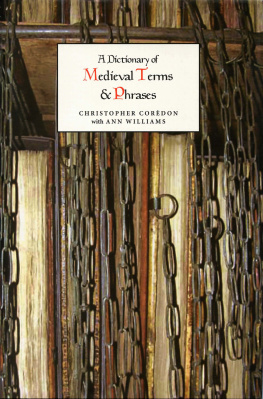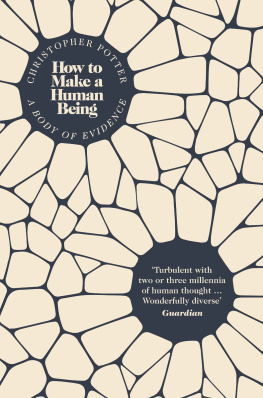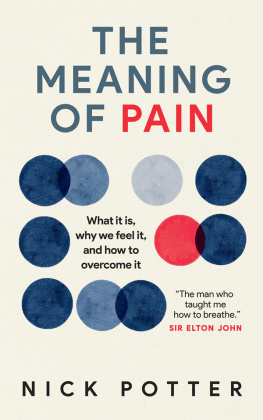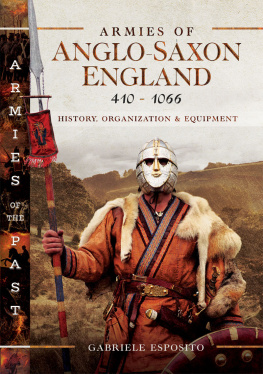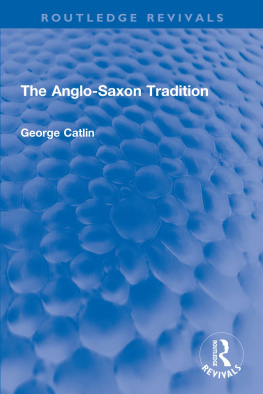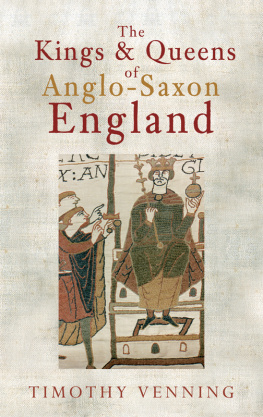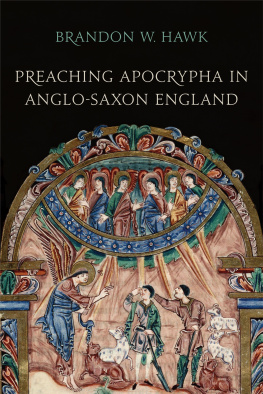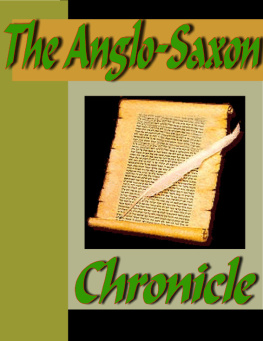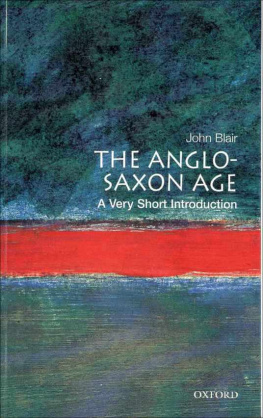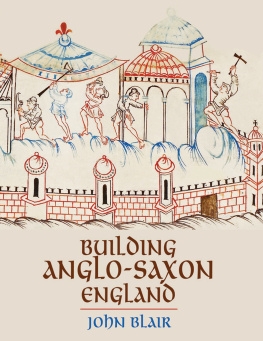
Law, Liberty and the Constitution
Throughout English history the rule of law and the preservation of liberty have been inseparable, and both are intrinsic to England's constitution. This accessible and entertaining history traces the growth of the law from its beginnings in Anglo-Saxon times to the present day. It shows how the law evolved from a means of ensuring order and limiting feuds to become a supremely sophisticated dispenser of justice and the primary guardian of civil liberties. This development owed much to the English kings and their judiciary, who, in the twelfth century, forged a unified system of law predating that of any other European country from almost wholly Anglo-Saxon elements. Yet by the seventeenth century this royal offspring Oedipus Lex it could be called was capable of regicide. Since then the law has had a somewhat fractious relationship with that institution upon which the regal mantle of supreme power descended, Parliament.
This book tells the story of the common law not merely by describing major developments but by concentrating on prominent personalities and decisive cases relating to the constitution, criminal jurisprudence, and civil liberties. It investigates the great constitutional conflicts, the rise of advocacy, and curious and important cases relating to slavery, insanity, obscenity, cannibalism, the death penalty, and miscarriages of justice. The book concludes by examining the extension of the law into the prosecution of war criminals and protection of universal human rights and the threats posed by over-reaction to national emergencies and terrorism. Devoid of jargon and replete with good stories, Law, Liberty and the Constitution represents a new approach to the telling of legal history and will be of interest to anyone wishing to know more about the common law the spinal cord of the English body politic.
Harry Potter is a former fellow of Selwyn College, Cambridge and a practising barrister specialising in criminal defence. He has authored books on the death penalty and Scottish history and wrote and presented an award-winning series on the history of the common law for the BBC.

Copyright Harry Potter 2015
All Rights Reserved. Except as permitted under current legislation no part of this work may be photocopied, stored in a retrieval system, published, performed in public, adapted, broadcast, transmitted, recorded or reproduced in any form or by any means, without the prior permission of the copyright owner
The right of Harry Potter to be identified as the author of this work has been asserted in accordance with sections 77 and 78 of the Copyright, Designs and Patents Act 1988
First published 2015
The Boydell Press, Woodbridge
This edition published 2015
ISBN 978 1 78327 011 8 Hardback
ISBN 978 1 78204 523 6 eBook
The Boydell Press is an imprint of Boydell & Brewer Ltd
PO Box 9, Woodbridge, Suffolk IP12 3DF, UK
and of Boydell & Brewer Inc.
668 Mount Hope Ave, Rochester, NY 146202731, USA
website: www.boydellandbrewer.com
A catalogue record for this book is available
from the British Library
The publisher has no responsibility for the continued existence or accuracy of URLs for external or third-party internet websites referred to in this book, and does not guarantee that any content on such websites is, or will remain, accurate or appropriate
For Alfie
Contents
PART I
LAYING DOWN THE LAW : 6001500
PART II
CONFLICT OF LAWS : 15001766
PART III
THE TRANSFORMATION OF THE LAW : 17661907
PART IV
THE RULE OF LAW : 19072014
Illustrations
Abbreviations
Full details of the following will be found in the bibliography.
Cases not to be found in the State Trials are given their reported references. These may be found in specialist law libraries.
Blackstone | Commentaries on the Laws of England |
Bracton | Thorne, S.E., ed., Bracton: On the Laws and Customs of England |
EHD | English Historical Documents |
Glanvill | Hall, G. D. G., ed, The Treatise of the Laws and Customs of England commonly called Glanvill |
GRA | Malmesbury, William of, Gesta Regum Anglorum , ed. R. Mynors et al. |
Henry | Huntingdon, Henry of, History of the English People 10001154 , ed. D. Greenway |
LHP | Downer, L. J., ed, Leges Henrici Primi |
Niger | Anstruther, R., ed., Chronicles of Ralph Niger |
OHLE | Oxford History of the Laws of England |
OV | Chibnall, M., ed., The Ecclesiastical History of Orderic Vitalis |
P&M | Pollock, Frederick and Maitland, Frederic, The History of English Law |
ST | Howell, T. B . , ed., State Trials |
SWEC | Coke, Edward, Selected Writings of Sir Edward Coke , ed. Steve Sheppard |
Introduction
Woe unto you lawyers! for ye have taken away the key of knowledge.
Luke 11. 52
A competent knowledge of the laws is the proper accomplishment of every gentleman and scholar, an highly useful part of a liberal and polite education.
Blackstone, Commentaries on the Laws of England
When the BBC asked me to present a series on the history of the English legal system broadcast under the title of The Strange Case of the Law like many other lawyers, I knew little about the subject. I have tried to make up for that deficit. It struck me that the story of the law should be better known, and that a short selective history was called for, devoid of jargon, replete with good stories, a restitution of the key of knowledge. This is the result: breaking no new ground, but providing a new approach to the telling of legal history, distilling the efforts of others in a way palatable to the educated layperson. There is no legal history quite like this. It is certainly panegyric, but with justification. The eulogy, however, at least so far as public law is concerned, may be an elegy.
England is a law-abiding country: parliament enacts laws; courts enforce and interpret them; citizens on the whole obey them. What is sought is justice beyond the rigidities of legalism or the letter of the law, justice that is blind and impartial, justice that is done by judges who are expected to be, and largely have been, the disinterested champions of law and of right, and by independent jurors who bring in the verdicts they choose. English law, legal procedures, the quality of the judiciary, trial by jury, and the championing of freedom, justice and equality under the rule of law are rightly recognised throughout the world.
In two respects the common law of England is not common at all. Firstly, unlike legislation, it is not the creation of the common people or of the community, but of kings and their judiciary. Secondly it is not at all common, but is unique in its inception as in its development. It is peculiarly English, but not insular, as its reach has spread widely throughout the world as indeed has that of its great continental rival, Roman or civil law first as a result of colonisation and empire, and latterly because of the its intrinsic excellence. It is a law unto itself.
This is the story of how a system devised to limit feuds, to settle disputes over land, and to ensure order among the early Germanic and Scandinavian settlers in this country grew into perhaps the most sophisticated legal system the world has ever known. The origins of the English common law are to be found in Anglo-Saxon times and on these island shores. While Germanic and Nordic practices have influenced its creation, it owes relatively little to Roman or continental exemplars. England was on the edge of Europe, it had been populated by successive waves of people from Europe, but it was, and remained, distinct from Europe, an island apart. For good or ill, English law was common to England and to nowhere else on the Continent.
Next page
